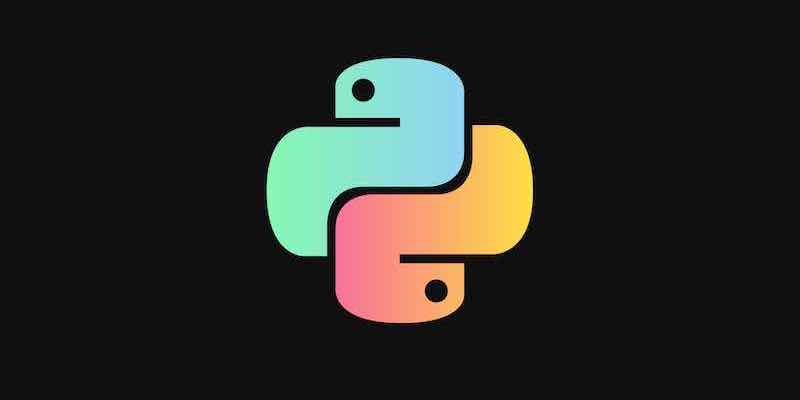isort: A Python Utility to Sort Imports

isort Is a Python utility designed to sort imports alphabetically, automatically separating them into sections and by type. Developed under the PyCQA organization and hosted on GitHub, this tool provides a command-line utility, a Python library, and plugins for various editors to quickly and efficiently sort all your imports. The tool is compatible with Python 3.8+ but also supports formatting for Python 2.
Key Features of isort:
- Automatic Sorting:
isortSorts import alphabetically and group them into sections, ensuring a consistent and organized import structure. - Command-Line Utility: Easily sort imports in your Python files directly from the command line.
- Python Library: Integrate
isortinto your Python projects or scripts for automated import sorting. - Editor Plugins:
isortOffers plugins for various text editors, allowing developers to sort imports directly within their preferred development environment. - Pre-commit Hook Integration:
isortHas official support for the pre-commit tool, ensuring that your code’s imports are sorted before committing changes. - Customization:
isortprovides numerous configuration options to tailor the sorting to your project’s needs.
How to Install and Use:
To install isort, run:
pip install isortTo use isort From the command line, you can run it on specific files:
isort mypythonfile.pyOr apply it recursively to a directory:
isort .To view proposed changes without applying them, use the --diff Option:
isort mypythonfile.py --diffisort is an essential tool for Python developers who prioritize code organization and consistency. By automating the process of sorting imports it ensures that Python codebases remain clean, organized, and adhere to best practices.
For those interested in exploring more or contributing to the project, you can visit the official GitHub repository.
Code Consistency:
Automated tools like isort Play a pivotal role in maintaining a consistent coding style, especially in large projects with multiple contributors:
- Standardized Formatting:
isortEnsures that all imports follow a standardized format, eliminating discrepancies that might arise from individual coding habits. - Reduced Manual Reviews: By automating the sorting of imports, code reviewers can focus on more critical aspects of the code, such as logic and functionality, rather than spending time on formatting issues.
- Onboarding Efficiency: For new contributors to a project, tools like
isortprovide immediate feedback on coding style, helping them quickly align with the project’s standards without extensive manual reviews. - Collaborative Harmony: In projects with numerous contributors, having an automated standard ensures that everyone’s code adheres to the same style, leading to a more harmonious collaboration and reducing potential merge conflicts related to code styling.
Integration with Other Tools:
The seamless integration of isort With various editors and pre-commit hooks can significantly influence developers’ workflows:
- Immediate Feedback: Integrating
isortDirectly into text editors allows developers to receive instant feedback and corrections, ensuring that code is consistently formatted as it’s written. - Streamlined Workflows: With pre-commit hook integration, developers can ensure that their code meets the project’s standards before committing, reducing the chances of CI/CD pipeline failures due to code style issues.
- Complementary Tools:
isortWork with other code quality tools, such as linters and formatters, to provide a comprehensive code quality assurance process. - Adoption and Consistency: The ease of integration encourages more developers to adopt the tool, leading to greater consistency across the developer community.
Evolution of Code Quality Tools:
As the Python ecosystem continues to expand and evolve, tools like isort Will need to adapt:
- Support for New Syntax: As Python introduces new syntax or language features, tools
isortwill need to update their algorithms to recognize and handle these changes appropriately. - Integration with Emerging Tools: The developer tooling landscape is continually evolving.
isortwill need to ensure compatibility and integration with new editors, IDEs, and other code quality tools that emerge. - Customization and Flexibility: Different projects may have unique requirements. The ability for tools like
isortto offer customizable rules and configurations will be crucial to cater to diverse needs. - Performance and Scalability: As codebases grow and become more complex,
isortAnd similar tools will need to ensure they remain performant and can handle large-scale projects without significant slowdowns.
In conclusion, tools like isort are essential in the modern developer’s toolkit. Their evolution will be closely tied to the changing needs of the developer community and the broader Python ecosystem.